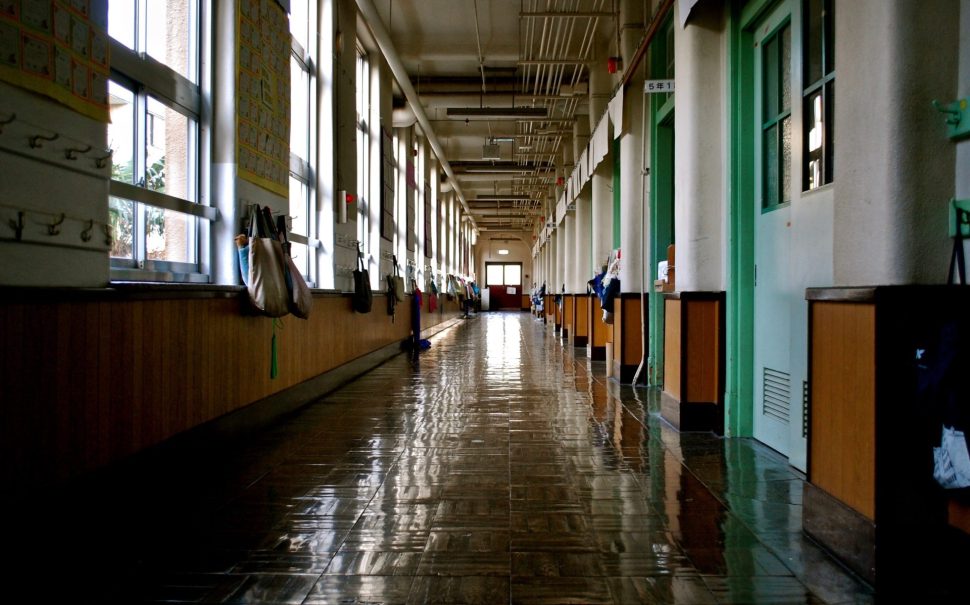Children with special educational needs (SEN) in south west London are often unable to secure a place in the special schools that they apply to.
In Merton only one in five children with special educational needs got into special schools in 2024.
Of the 614 children considered at a special schools admissions panel in Richmond upon Thames, only 64 of them were placed in a special school.
The number of children applying to special schools in Richmond and Merton has risen but the number of places available fails to reflect this, meaning children who need specialist care are forced to stay in mainstream education.
Freedom of Information requests to several south west London boroughs were met with no response or were refused on the grounds that retrieving the information would be too costly.
Semena Williams, an accountant from south London, tried to get her child, aged 11, into a special school.
She said: “There was no provision for their education.”
Williams said that her child’s ADHD diagnosis caused them to struggle in mainstream school settings, as they struggled to focus and their behaviour deteriorated due to a lack of support.
She said: “They were completely broken.
“They were just hammering them everyday, so much so that they were suicidal.”
Williams received a phone call from the police, telling her that her child, aged 11, had tried to take their own life.
Even in mainstream schools, they were kept in a ‘naughty kids annex’, isolated from their peers, until they were excluded.
Williams’ child was out of education for two and a half years, until Williams found a suitable special school to accommodate his needs.
They visited a special school, and Williams’ child, having been out of school for two and a half years, felt overwhelmed and had to leave.
In response, the headteacher said they weren’t able to take her child, and the local authority couldn’t find a therapeutic setting for them.
Claire Walley, The SEN Expert, supports families in applying to special schools.
Walley said: “The entire SEN system on a national level is that crisis point.
“Local authorities are bankrupt. We’ve got huge percentages of special needs children out of school, and it’s a big old mess, basically.”
Walley said that there isn’t adequate funding from the government for special education, resulting in few school places available as the local authority cannot fund any additional schools.
Special schools can reject applications and the parents have the right to appeal at a school’s admissions panel, where an impartial judge will look assesses the child’s level of need and can order a special school to take the child as a pupil – but this is rare.
Largely, children are placed back in mainstream education – where specialist provision is hard to come by.
From 2023 to 2024, the amount of special school applications at The Auriga Academy Trust more than doubled but the amount of places offered only rose by four.
Walley said: “Parents are just desperate.
“They’re coming to these systems that they are just expecting to be supportive and compassionate, and they aren’t supportive, they aren’t compassionate.
“They’re causing them huge amounts of stress. And the majority of parents that I work with are at breaking point.”
One in five parents feel that their family received the correct amount of support for their disabled child, while only one in three parents feel like their child is correctly supported in education settings, a 2023 survey from the Disabled Children’s Partnership found.
Only 1 in 5 parents feel that their family received
Disabled Children’s Partnership, 2023
the correct amount of support for their disabled child
The survey found that because of children being placed in the wrong school settings, families have reported significant impacts over the past year – 73% of families that their child is more isolated and 69% say that their child’s behaviour is more challenging due to stress, anxiety or pain.
Parents also reported feeling the strain, with 87% saying their mental health has been negatively affected.
Stephen Kingdom, Disabled Children’s Partnership, said: “It’s a national issue, and one that’s growing.
“School placements can have a massive effect on a child’s mental health, and their ability to get into the right school later, because they’ve been scarred by a school placement that has not met their needs.”
Kingdom said that he sees parents having to fight for their child to receive an appropriate education.
He added that the current government is starting to address the special needs education crisis.
Bridget Phillipson, Education Secretary, has launched a review of Curriculum and Assessment, something Kingdom thinks is positive.
He said this could have the ability to change the role of schools, moving from a narrow curriculum, focused on exams and ‘punitive’ behaviour policies, to a well-rounded and inclusive approach to education.
He said: “Under the previous government many things caused quite hostile environments for many disabled children, which pushed more to need special school provision, which is what has created the situation we’re in.”
Both Kingdom and Walley believe that additional funding from the government to the local authority can help to solve this problem.
All special schools in Merton and Richmond were contacted for comment but they did not respond.





